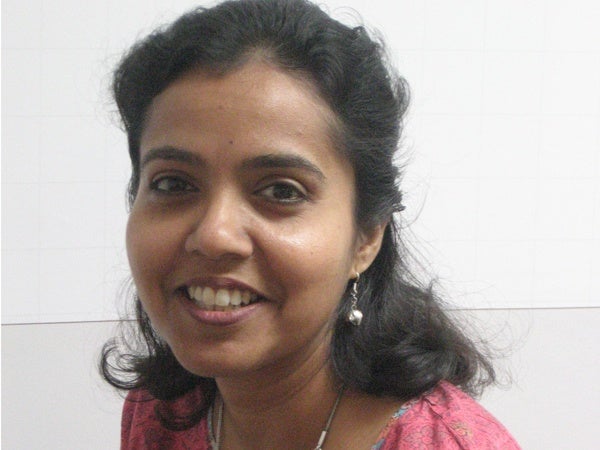Affirmative action bans may do more damage to minority students than just negatively impact their educational and socioeconomic opportunities; a study has linked these bans with an increase in health risk behaviors, such as smoking, among those in the 11th and 12th grade. Authors include Harvard RWJF Health & Society Scholars program alumni Rourke O’Brien and Alexander Tsai (who is also a Harvard Pop Center faculty member) as well as…
Study finds less than 20% of those 15 years and older in LMICs consume recommended amounts of fruits and vegetables
Several researchers associated with the Harvard Pop Center are among the authors of a new study that examines whether young adults and adults in low- and middle-income countries are consuming the amount of produce recommended by the WHO on a daily basis to help prevent noncommunicable diseases.
Alcohol use disorders are on the rise and compounding dangers of opioid misuse among U.S. adolescents and young adults
Harvard Pop Center faculty member Elissa R. Weitzman, ScD, is author of a study published in the Journal of General Internal Medicine that calls for additional research about this alarming trend in order to develop and deploy interventions aimed at protecting this vulnerable population. Mei-Sing Ong is also an author on the study.
Study links supplements used by children and young adults for weight loss, energy and muscle building with almost 3x the health risk of vitamins
S. Bryn Austin, ScD, is senior author on the study published in the Journal of Adolescent Health. Learn more in this new item by The Harvard Chan School. Other authors include: Flora Or, Sc.D., Yongjoo Kim, Sc.D., and Juliana Simms.
How do gender equality and perceived economic insecurity influence fertility intentions in Spain?
Gender equality is positively associated with fertility, whereas perceived economic uncertainty tends to contribute to lower fertility. Recent postdoc fellow Xiana Bueno and faculty member Mary Brinton have authored a paper published in Population Studies that explores what happens when these two different factors intersect in Spain.
Mother’s education level linked to child’s risk of obesity
A mother’s education level has been found to be linked to her offspring’s body mass index (BMI) as early as three years of age in three European countries. The recent findings by Harvard Pop Center affiliates (faculty member Mauricio Avendano, Bell Fellow Emilie Courtin, and former visiting scientist Cathal McCrory) and their colleagues have been published in Paediatric and Perinatal Epidemiology, and the study has received attention in the news……
Continue reading “Mother’s education level linked to child’s risk of obesity”
U.S. “Silver Tsunami” negatively impacting (and suffering from) climate change
A study finds that aging Americans (a growing population) consume more energy. Learn more about the research findings of Harvard Pop Center faculty member Hossein Estiri and his colleague Emilio Zagheni in The New York Times, the New Scientist, and The Harvard Gazette.
Former Harvard Bell Fellow authors book on global aging
Our former Bell Fellow (2008-2010 cohort) Kavita Sivaramakrishnan is author of the book As the World Ages (Harvard University Press). Learn more about her work in Columbia University’s Public Health Now Q&A “Global Aging is a Local Issue.” Photo: Kavita Sivaramakrishnan during fellowship at Harvard Pop Center
Looking beyond poverty: impact of “toxic” neighborhood environments on social mobility
Harvard Pop Center faculty member Robert J. Sampson is co-author of a paper published in PNAS that has found that a harsh neighborhood environment—high in violence, incarceration and lead levels—is linked with lowered social mobility later in life, after accounting for concentrated poverty and racial composition. Robert Manduca is also a co-author on the paper. Photo by Kat Wilcox from Pexels
Study finds those most optimistic are 24% more likely to maintain good cognitive and physical health as they age
Laura Kubzansky is an author on a paper that explores optimism in relation to likelihood of healthy aging, considering whether effects are evident over and above effects of health-related behaviors and depression. Findings suggest that optimism should be explored further as a potentially modifiable health asset.









